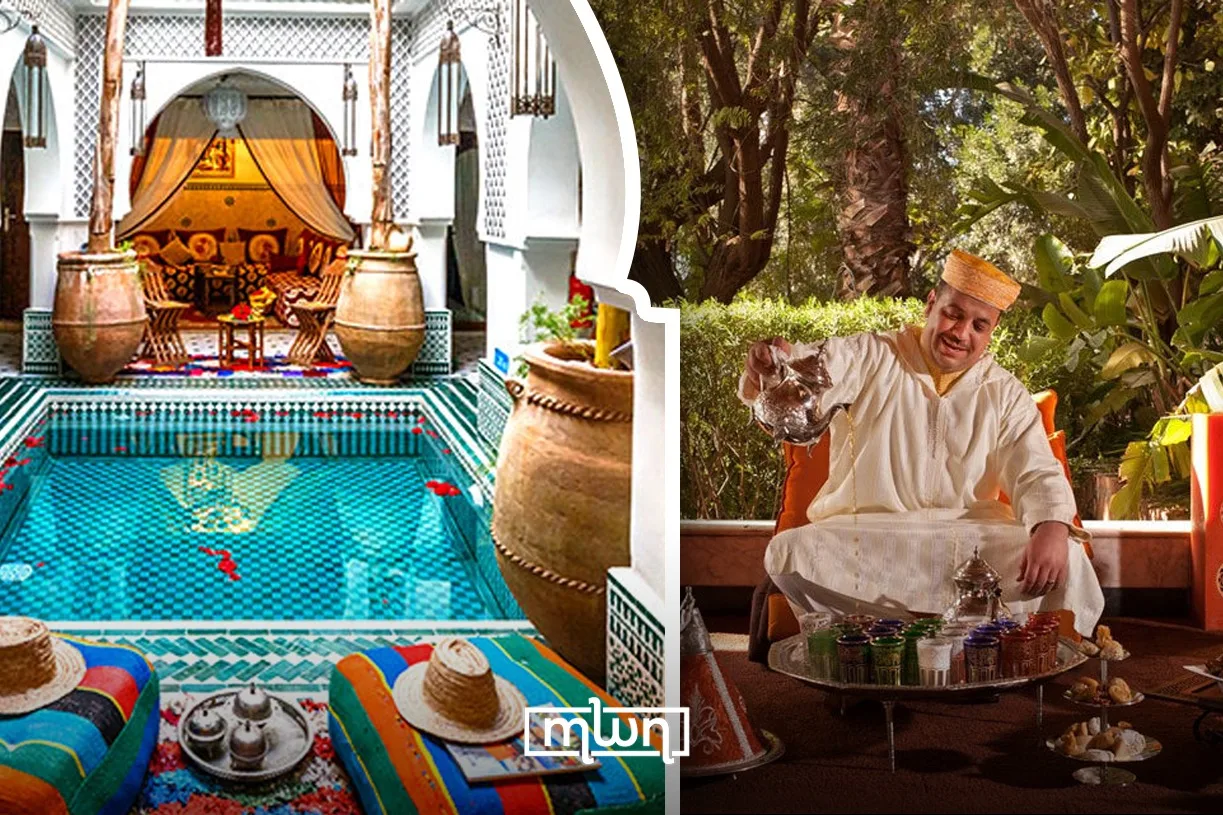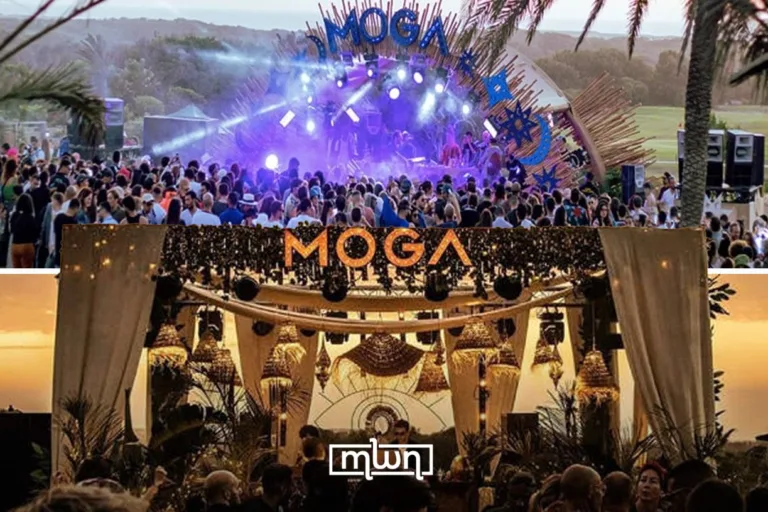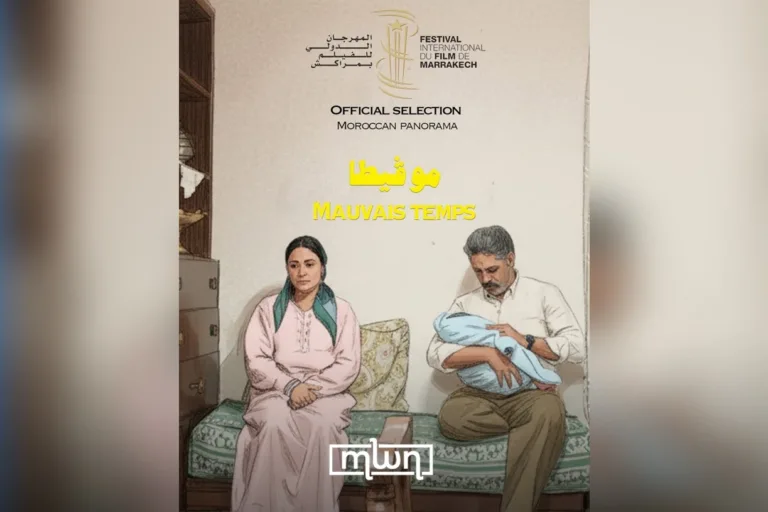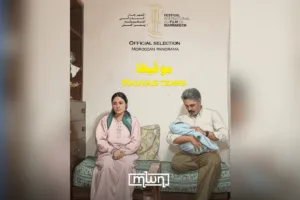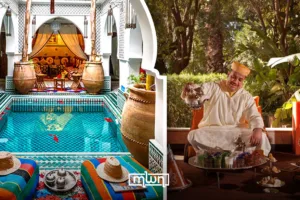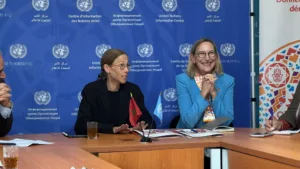Marrakech – Morocco’s reputation for hospitality is more than a cultural detail. It is a defining pillar of daily life, woven into traditions, rituals, language, and the smallest gestures that shape human connection.
For generations, Moroccans have carried an unspoken code of warmth and generosity, one that continues to delight visitors and reaffirm a strong sense of community across the country.
In Morocco, hospitality starts long before a guest enters the home. It shows in the way hosts hurry to prepare the salon, rush to the nearest bakery for fresh khobz, or brew mint tea with an extra touch of ceremony.
Guests are treated not simply as visitors, but as honored figures whose presence is a blessing, a concept rooted in the saying: “Dyaf d’Allah” (Guests of God).
Whether it’s a tourist arriving in a small village or a neighbor dropping by unexpectedly, the reception is almost always the same: an insistence that the guest sit, relax, eat, drink, and stay a little longer.
No act of hospitality is more iconic than pouring mint tea, a ritual elevated to an art form. The slow preparation, the fragrant mint, the rising arc of the pour, and the soft clink of glasses all serve a purpose: to make the guest feel valued.
Food is never just food
Across Morocco, refusing tea is nearly impossible; accepting it is a moment of connection between host and visitor, a shared pause in a world that moves fast.
In Moroccan homes, food is never just food. A simple couscous shared on a Friday or a steaming tagine offered to a guest carries emotional weight.
Hosts go out of their way to prepare more than enough, often insisting that guests serve themselves “a bit more,” a gesture that reflects abundance, pride, and affection.
Moroccan hospitality doesn’t end at the doorstep. It extends onto the street, into shops, taxis, and souks. Strangers help lost tourists find their way, merchants offer samples “just to taste,” and drivers often share small pieces of local wisdom along the journey.
This sense of openness and kindness is one of the reasons visitors repeatedly describe Morocco as a place that “feels like home.”
While modern life has reshaped parts of Moroccan society, the essence of hospitality remains untouched.
Young people continue to welcome friends with tea and snacks. Families keep their doors open for unexpected visits. Neighborhoods still operate on trust, familiarity, and the habit of looking out for one another.
In a world becoming increasingly fast and impersonal, Morocco’s unwavering commitment to hospitality stands out, a cultural heritage that continues to thrive, reminding locals and visitors alike of the beauty of generosity.

